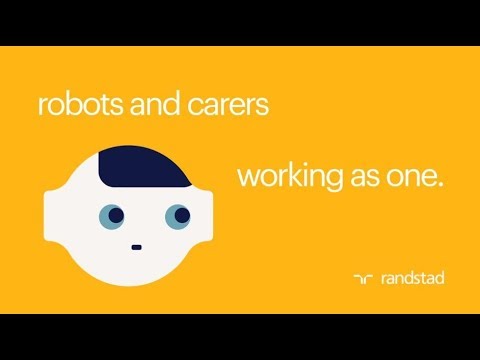A cover letter is sometimes the most important part of a job application. It is particularly important in family support worker jobs, where the personality and attitude of candidates makes a big difference as to how likely they are to do the job well. Simple things such as poor formatting or spelling errors (all of which are easy to fix) can result in applications getting binned before the CV is even considered.
This article is designed to help people who are sending out job applications in this field for the first time, together with those whose applications have been unsuccessful in the past. Even with a good cover letter, it would be unrealistic for a candidate to expect to hear back from every employer approached. However, getting the letter right can significantly increase the overall response rate.
Top tips for writing a family support worker cover letter.
Some key points to consider when writing your cover letter are:
- begin with understanding who it is aimed at
- do some background research into the hiring organisation, so you can address your letter to the right person
- make sure it is tailored to the particular job you are applying for - generic cover letters may well result in applications being rejected. Employers want to see enthusiasm for the job on offer, not just a candidate who is (however understandably) desperate for employment.
A CV can list experience and skills, but the cover letter is the place to bring out what they mean. How do they fit together? What examples can be provided to illustrate how skills have been used effectively? In what way would the candidate apply them to the job on offer? Using section headings to break up the letter into segments can make this information easier to read. Overall, however, the letter should never be more than two pages long (single sided).
Advice for candidates seeking children and family jobs in social care.
Any cover letter for a position in social care needs to be well organised and written in clear, straight-forward language. This not only makes things easier for an employer with a great many to read through, it also shows that the applicant has the right kind of communication skills to work in the sector.
Working with children and families in a social care context is often complicated, with no ethically straightforward answers in difficult situations. Candidates who have faced difficult situations in the past can sometimes benefit from raising them in a cover letter to explain how they were resolved and how they functioned as learning experiences. This needs to be handled carefully (and with respect for confidentiality) but it can be useful in showing an employer that a candidate is engaged with the complexity of the role and is able to prioritise under pressure.
Voluntary work addressing relevant issues can be raised alongside paid work in a cover letter, exemplifying the candidate’s commitment. It should be remembered, however, that the letter is not supposed to cover everything the applicant has ever done; rather, it should tempt the employer to arrange an interview in order to find out more.




